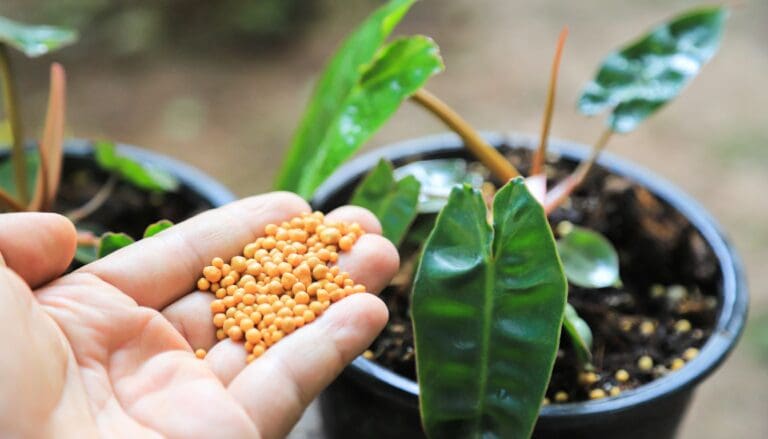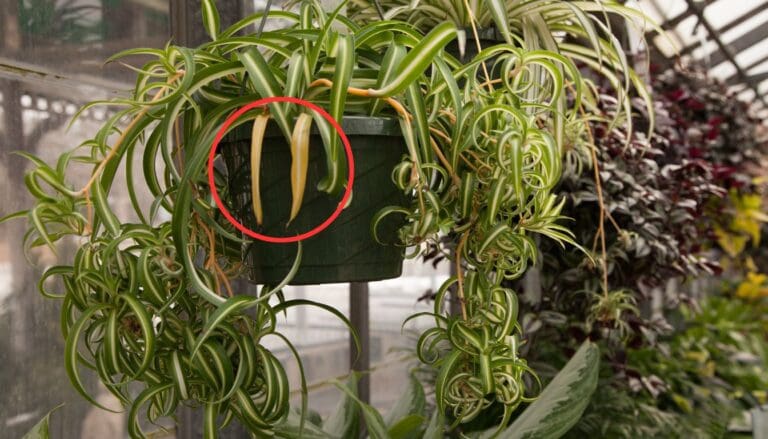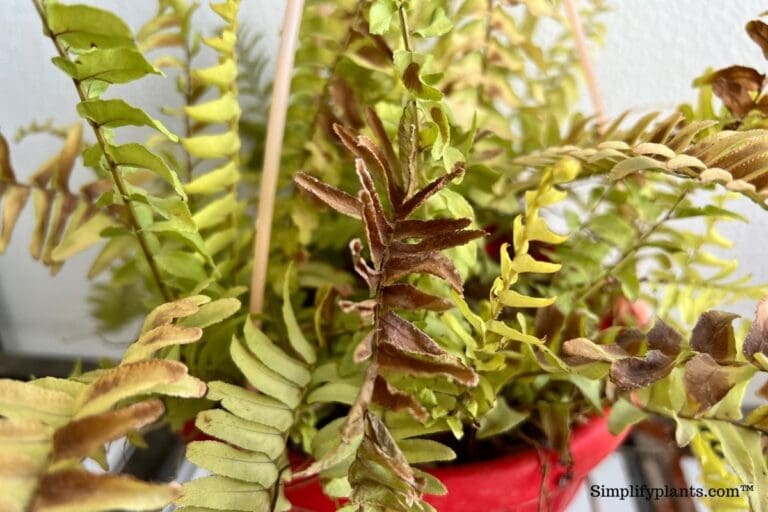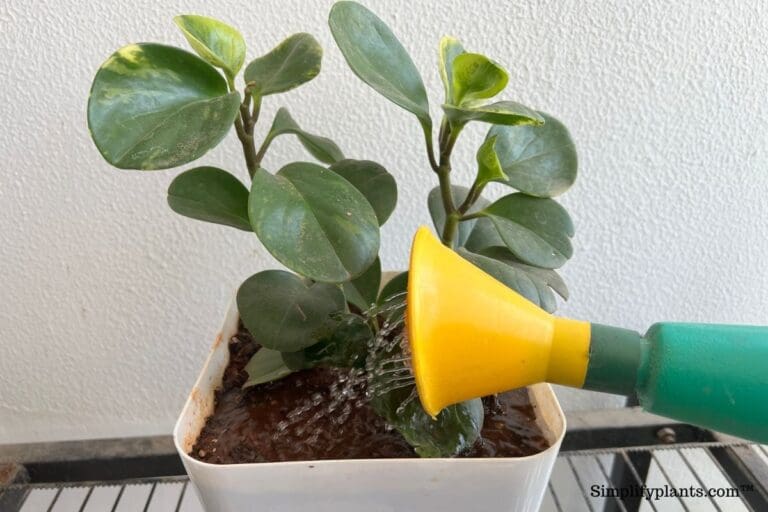Do Snake Plants Like Coffee Grounds? (Benefits, Hazards & More)
Coffee grounds are a common household waste readily available to most of us. Being a coffee lover myself, I have wondered if there is a way we can use the grounds in fertilizing our snake plants. But does snake plants like coffee grounds? Is it right for them? Let’s find out!
Coffee grounds are excellent for snake plants when used as compost, mulch, or liquid fertilizer. It makes the soil acidic, which is ideal for the snake plant. However, we should avoid adding coffee ground directly to the plant as it can lead to various problems like fungus, pests, and stunted growth.
Coffee grounds are like a double-edged sword. If used correctly, it can boost the growth of your snake plant. But it can also decimate the growth of your plant if used wrong.
So, in this article, we shall learn all about the benefits and hazards of using coffee grounds in a snake plant. Let’s dive right into it.

Please note: Simplify Plants is reader-supported. Some links in the post are affiliate links and I get a commission from purchases made through links in the post.
Are coffee grounds good for snake plants?
Coffee ground is an excellent source of nitrogen, which is a major macronutrient required by the plant for its growth.
The coffee ground can be mixed with other organic matter to form a rich compost. Such organic matter can help attract microorganisms and earthworms that are beneficial for the soil.
It can also be used to make the soil acidic, which is ideal for our snake plant.
However, you need to be cautious about the quantity of compost you use on your snake plant.
Compost can hold moisture for a longer period, but the snake plant prefers dry soil. So adding too much compost can be a terrible idea, especially for your snake plant.
Also read: Do snake plant need fertilizer? How much? How often?
How often should I put coffee grounds on my snake plants?

Coffee grounds are suitable for your snake plant, but that doesn’t mean you can use it regularly. You can use coffee ground-based fertilizer, mulch, or compost once a month or so.
It is recommended to use it alternatively with other fertilizer because coffee ground-based fertilizer is rich in nitrogen but lacks other nutrients. So, using it alternatively with a balanced fertilizer will ensure healthy growth.
Be cautious about the pH level of your soil. If the soil turns too much acidic, it can burn the roots and leaves of your plant, leading to other issues.
Coffee grounds can also attract pests like gnats and fungal infections, so beware of the same. We will discuss these problems briefly but first, let us see how we can use coffee grounds in our houseplants.
Best way to use coffee ground on snake plant
Now that you know you can use coffee grounds to fertilize your snake plant, you must be wondering how to use it.
Here is the tricky part. Many hobbyists make the mistake of directly adding a handful of coffee ground to their plants.
This can lead to severe issues like pests and fungal growth. So, we must never do so.
But if we cannot add it directly, how can we use it?
There are basically three ways we can use the coffee ground to fertilize our snake plant. These include:
Let us dive into the details of each of them.
As a compost

Compost is one of the best ways to fertilize our houseplants organically. If you are among one who prepares their own compost, then coffee grounds are like a blessing in disguise for you.
You can make an organically nutrient-rich compost that is rich in nitrogen by adding coffee ground into the mix.
Just add 20% coffee ground into your other kitchen or garden waste and create a nutrient-rich compost out of it.
However, make sure you don’t go overboard with the coffee ground in the mix as it can mess up the balance of your compost.
Once prepared, you can use this mix to fertilize your snake plant once every 6-8 weeks. Don’t add it frequently as overfertilization could be a problem that can do more harm than good.
As a liquid fertilizer

Making a liquid fertilizer out of the coffee ground is one of the best ways to utilize it. Here are the steps you can follow:
- Take a small container filled with water and let it simmer.
- Once the water starts simmering, turn off the gas and let it sit.
- After 5 minutes, add some coffee ground into it.
- Let the mixture sit for a few days.
- Now you can strain the remains and fill a spray bottle with the liquid mix for your houseplants.
When you leave the coffee ground sit for a few days, beneficial bacteria will colonize. That will help break down coffee grounds releasing nutrients in the water.
You can use this water to fertilize your snake plant once a month. The water is also enriched with microorganisms and bacteria, which will enhance the quality of the soil.
As a mulch
Mulching is widely practiced in outdoor gardening. However, you can apply it with your houseplants as well. Mulch is basically a mix of organic matter used to cover the soil.
It preserves moisture in the soil, provides a balanced environment for microorganisms and beneficial bacteria to grow, and helps fertilize the soil as well.
You can prepare a mulch mix by mixing organic matter like straw, leaves, branches, wood chips, along with the coffee ground.
However, you must be cautious while using it on your houseplants as it can alter the soil pH chemistry and inhibit the growth of your snake plant.
Hazards to keep in mind while using coffee grounds in snake plants

Now that we know all the benefits of coffee ground and how we can use it let us dive in and check some hazards.
However, you must note that most of these problems occur when coffee grounds are directly added to the plant or are not decomposed enough before adding.
Using it in an appropriate quantity and preparing it right can help you avoid most of these problems.
Fungal diseases
The coffee ground can attract fungal growth if added directly to the topsoil. The grounds are likely to break down slowly, but in the meantime, it will attract fungus, which can lead to fungal infection in your snake plant.
You can eliminate this problem by making compost, mulch, or liquid fertilizer with the coffee ground and using it on your plant.
The fungal growth can inhibit the growth of your snake plant leading to various other issues. Thus, it is best to avoid using coffee ground directly and use it in the form of compost or mulch.
Excess moisture
Coffee grounds can retain moisture for a long period. Its porous and spongy surface can hold a lot of water, which can be bad for your snake plant.
Snake plant prefers dry, well-drained soil. Thus, too much moisture lead to root diseases and hamper the growth of your plant.
If you tend to overwater your plant, then the added coffee ground compost will retain moisture in the soil leading to soggy soil.
Thus, we need to make sure you keep the same in mind while using coffee ground compost in the soil.
Attract pests
You might have read that coffee ground deters pest away. Yes, that is true for some pests like slugs and ants, but the same may not apply for gnats and flies.
Adding coffee ground to the soil directly can lead to pest problems that can affect your plant’s growth.
Thus, the best choice would be mixing it with compost or using it as a liquid fertilizer. You must avoid using it directly on your plants.
Also read: Does snake plant attract pests?
Can inhibit growth of plants

Some research claims that adding coffee ground directly to the soil can affect your snake plant’s growth rate. It is particularly true with young plants.
You must avoid using coffee grounds while repotting or when your plant is new. However, there is no practical proof to it as I haven’t tried it myself.
But it is claimed in various research. So, it is best to stay on the safe side and avoid using it on your snake plants.
Watering With Leftover Coffee?
Watering with leftover coffee could be a bad idea. I would strongly recommend avoiding the same. There are many reasons for it:
- Coffee has concentrated caffeine in it, which can inhibit the growth of plants.
- If you start watering with coffee, then you will likely overwater your plant.
Remember, the snake plant prefers dry soil, and overwatering it or changing the pH level frequently can harm your plant. So, it is best to avoid it.
Final Thoughts

Are coffee grounds good for snake plants? Yes, coffee ground are good for snake plant if used in appropriate manner and in right quantity. Also make sure you never add it directly to the soil, as it can lead to various issues.
Instead, make compost or liquid fertilizer out of it and use the same to enrich your soil with nutrients.
Also read: How to tell is your snake plant is dying?
Source: Coffee grounds benefits, Field Evaluation of Coffee Grounds Application for Crop Growth, Effect of fresh and composted spent coffee grounds.
Recommended Garden Supplies
| Product Image | Our Recommended Gardening Supplies | Check Offers! |
|---|---|---|
Top Top
Top
Top
Top
Top
Top
Top
Top | rePotme Houseplant and Tropical Classic Potting Soil Mix | Check Offer On Amazon |
 Top
Top
Top
Top
Top
Top
Top
Top | Espoma Organic Indoor Plant Food | Check Offer On Amazon |
 Top
Top
Top
Top
Top
Top
Top
Top | GooingTop LED Grow Light 6000K Full Spectrum Clip Plant Growing Lamp | Check Offer On Amazon |
 Top
Top
Top
Top
Top
Top
Top
Top | Soil Moisture Meter | Check Offer On Amazon |
 Top
Top
Top
Top
Top
Top
Top
Top | Govee Hygrometer Thermometer, Bluetooth Enabled! | Check Offer On Amazon |
 Top
Top | LEVOIT Humidifiers for Large Room(Best For Plants) | Check Offer On Amazon |
 Top
Top
Top
Top
Top
Top
Top
Top | Upgraded DIY Automatic Drip Irrigation Kit, 15 Potted Houseplants Support | Check Offer On Amazon |
 Top
Top
Top
Top
Top
Top
Top
Top | Stainless Steel Heavy Duty Gardening Tool Set | Check Offer On Amazon |
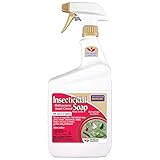 Top
Top
Top
Top
Top
Top
Top
Top | Bonide Insecticidal Soap | Check Offer On Amazon |
 Top
Top
Top
Top
Top
Top
Top
Top | Bonide 32 oz Spray Neem Oil for Organic Gardening | Check Offer On Amazon |
 Top
Top
Top
Top
Top
Top
Top
Top | Garden Safe Fungicide | Check Offer On Amazon |


